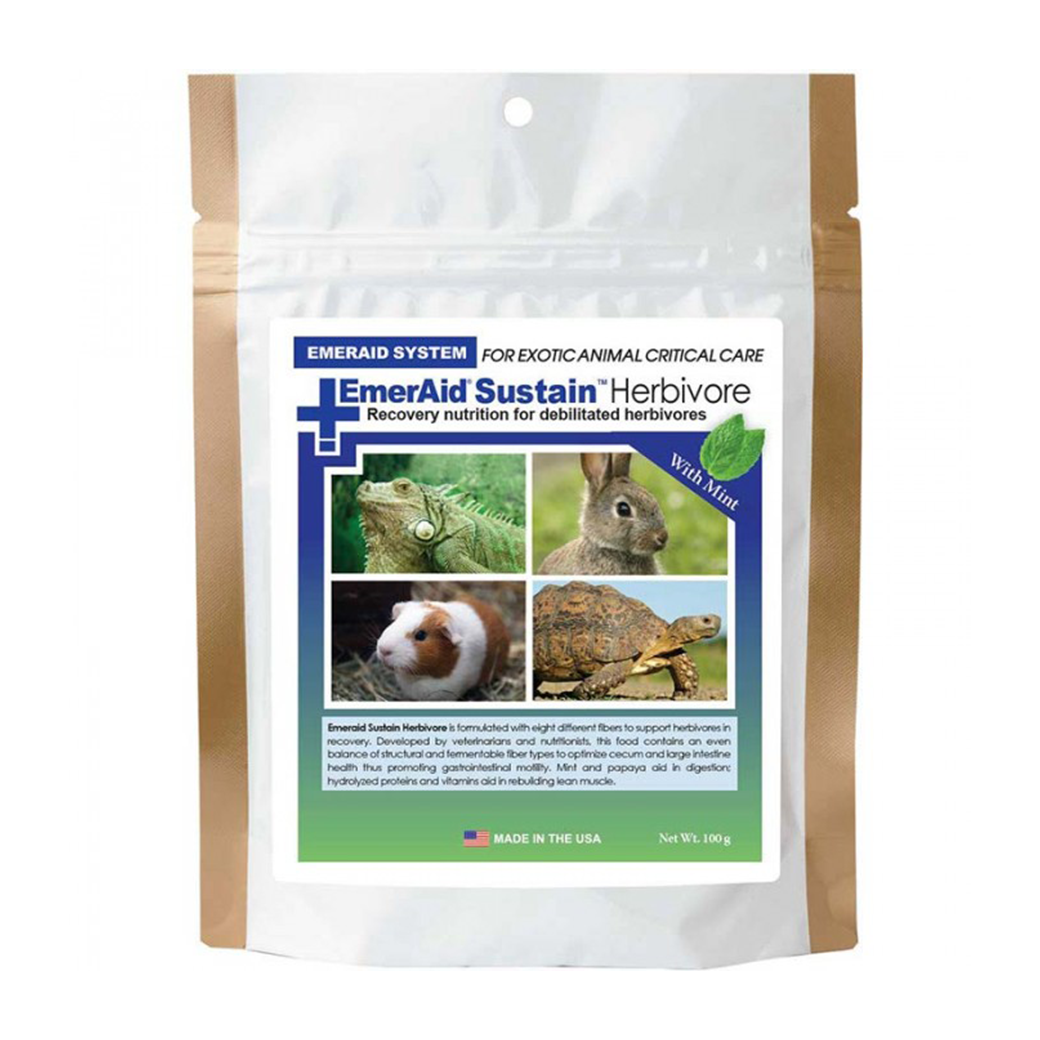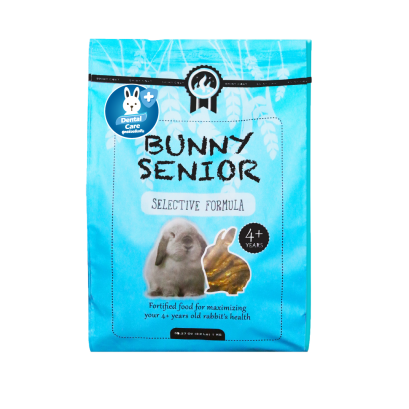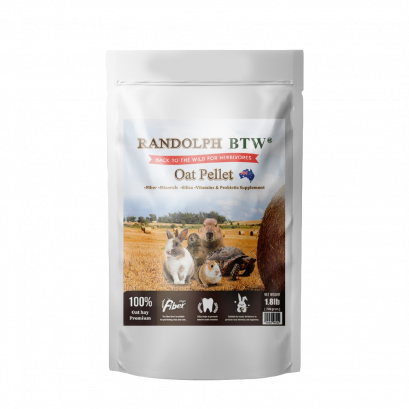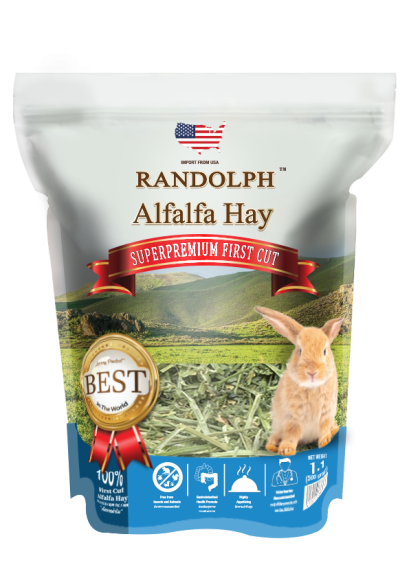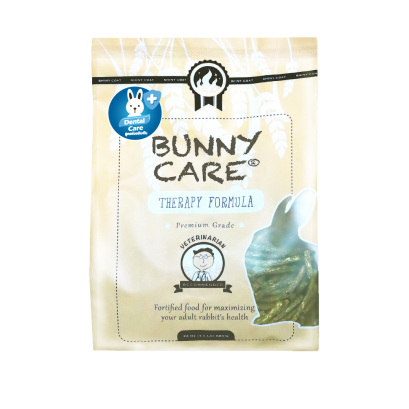EmerAid Sustain Herbivore
Attribute:
EmerAid Intensive Care Herbivore. Developed by an expert panel, including exotic animal veterinarians, emergency clinicians, and nutritionists, this high fiber, therapeutic diet is easily absorbed and highly digestible.
Categories : All products , EmerAid , Prairie Dog , smallherbivore , Guinea pig , Chinchilla , Rabbit ,
Brand : EmerAid
Share
EmerAid Sustain Herbivore®
EmerAid ® Sustain ™ Herbivore is a therapeutic diet scientifically designed to support herbivorous mammals, including rabbits, guinea pigs, and chinchillas, and herbivorous reptiles, such as adult iguanas, all tortoises, and some turtles, recovering from critical illness, suffering from chronic medical conditions, or underweight. Sustain Herbivore is also designed to transition the debilitated herbivore from intensive care nutrition to normal feeding. As a recovery diet, EmerAid Sustain Herbivore contains more whole nutrients than EmerAid Intensive Care Herbivore. Developed by an expert panel, including exotic animal veterinarians, emergency clinicians, and nutritionists, this high fiber, therapeutic diet is easily absorbed and highly digestible.
-Available in 100-gram, 400-gram, and 2-kg pouches
-Powder is easily mixed with water to create a high energy formula
-Exceeds nutritional requirements for all nutrients for rabbits, guinea pigs, and chinchillas
WARNING: EmerAid has been scientifically designed for extremely high digestibility. Avoid contamination. Handle product carefully. Keep dry. Use a clean, dry scoop. Do not cross contaminate with scoops used with non-EmerAid foods. Contamination can cause harmful bacterial growth.
-Measure level scoops, and do not pack the powder. Shake dry powder to facilitate mixing.
-Mix one part powder to one part very warm water measuring 122°F (50°C).
-Each size comes with a one tablespoon (15ml) size scoop. One scoop of Sustain Herbivore (6.5 g) can be mixed with 15 ml water.
-Stir the mixture until smooth.
-Use a syringe to draw up the mixture.
-Feed the Emeraid Herbivore Sustain mixture as soon as possible after mixing
-Discard any leftover formula. Make formula fresh for each feeding.
-Flush and clean the feeding syringe.
In the adult animal, stomach volume is estimated as 30 ml/kg (3% body weight). The first feeding is often one-third to one-half of this calculated volume, however the volume and number of feedings must be adjusted based on patient species and clinical condition.
